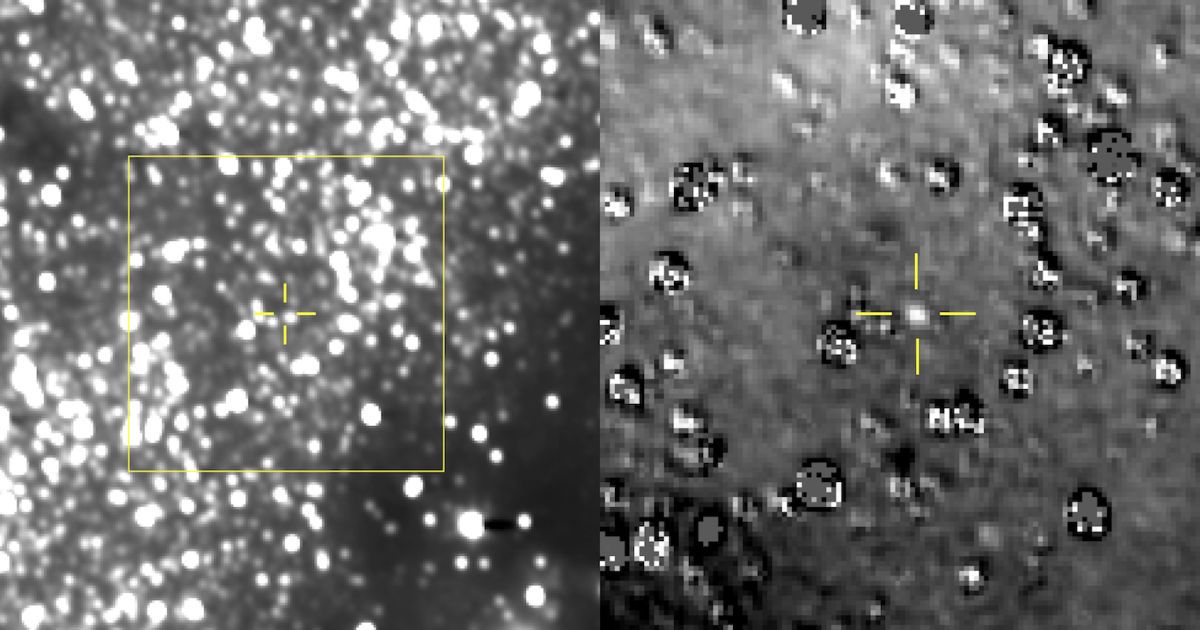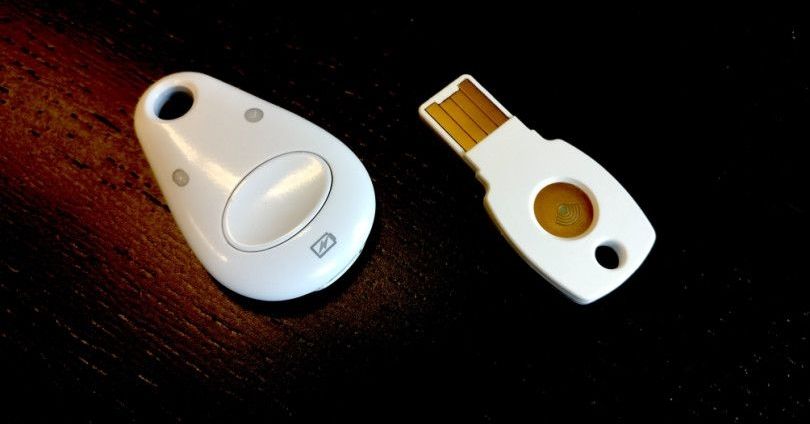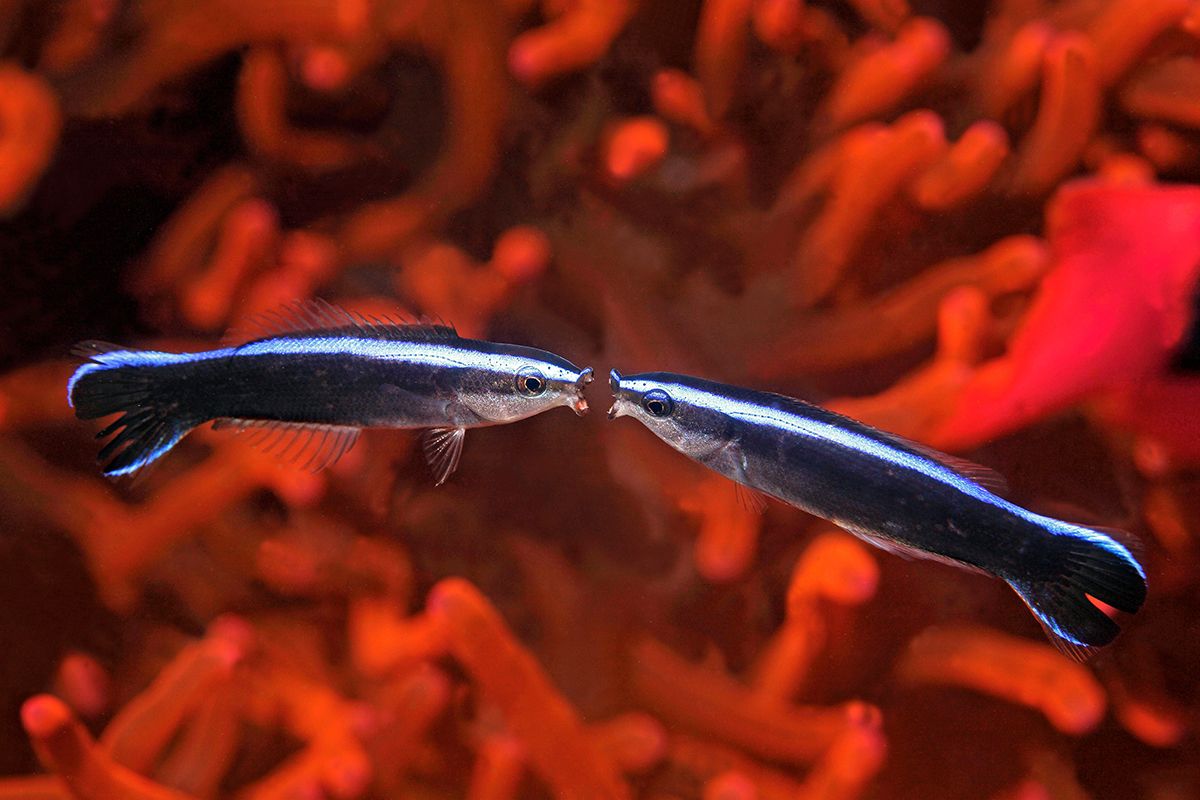Page 9825
Aug 30, 2018
Small leak discovered on Russian side of International Space Station, NASA says
Posted by Genevieve Klien in category: space
Small leak discovered on Russian side of International Space Station, NASA says originally appeared on abcnews.go.com
A small pressure leak was discovered on the International Space Station, according to NASA.
Flight controllers at mission control centers in Houston and Moscow began seeing signs of the leak Wednesday night when the six-member crew aboard the orbital outpost were asleep. Flight controllers monitored the situation until the crew awakened at their normal time Thursday morning since they were in “no danger,” NASA said in a press release.
Continue reading “Small leak discovered on Russian side of International Space Station, NASA says” »
Aug 30, 2018
New Horizons snags image of distant Kuiper Belt target a month early
Posted by Genevieve Klien in category: space
After NASA’s New Horizons spacecraft collected a trove of data from its six-month-long flyby of Pluto, it set its sights on a much smaller object in the Kuiper Belt — an object dubbed 2014 MU69. Scientists believe MU69 will likely be a rather preserved outer solar system object, one that could provide clues as to how dwarf planets like Pluto may have formed billions of years ago. Now the New Horizons team reports that it has snapped a picture of its distance target and it did so weeks before MU69 was expected to be visible to the spacecraft.
New Horizons is still about 100 million miles away from MU69 and the researchers didn’t think they’d be able to see the small object with New Horizons’ onboard cameras until around mid-September. “We thought it’s worth giving it a shot a month early,” Hal Weaver, the lead scientist working with the New Horizons’ long distance camera, told the New York Times. Through a few dozen images, they were able to make out the very faint MU69, an object under 30-miles wide. Being able to see it will help scientists refine New Horizons’ trajectory, though since the object was right where they expected it to be, it appears the spacecraft’s path is already pretty spot on. “The whole team is jazzed now,” said Weaver.
The spacecraft is expected to reach MU69, also known as Ultima Thule, on January 1st, 2019. It will mark the first close-up exploration of a small Kuiper Belt object and will be the most distant exploration of a planetary body to date. “It really is like finding a needle in a haystack,” Weaver said in a statement about the images collected earlier this month. “In these first images, Ultima appears only as a bump on the side of a background star that’s roughly 17 times brighter, but Ultima will be getting brighter — and easier to see — as the spacecraft gets closer.”
Continue reading “New Horizons snags image of distant Kuiper Belt target a month early” »
Aug 30, 2018
DNA editing before birth could one day massively expand lifespans
Posted by Genevieve Klien in categories: biotech/medical, futurism
If it becomes possible to make dozens of changes to DNA, future generations could live much longer before they succumb to diseases of old age such as cancer.
Aug 30, 2018
Amid record-high STD rates, ‘super gonorrhea’ could be coming to a town near you
Posted by Genevieve Klien in category: biotech/medical
Like getting it on? NICE! But, um, still protect yourself. Times are tough, and the CDC is warning people about the increasing rates of STDs. Oh, also gonorrhea is starting to become more resistant to antibiotics. Have fun, but take care!
Aug 30, 2018
Beware: Hackers are trying to scam your company with this attack
Posted by Genevieve Klien in category: cybercrime/malcode
Business email compromise attacks have led to billions in fraud losses in recent years, according to a Barracuda report. Here’s how to avoid them.
Aug 30, 2018
Google Titan Security Key Kit Now on Sale for $50
Posted by Genevieve Klien in category: security
Starting today, Google’s Titan Security Keys are now on sale via the Google Store for $50. The kit provides buyers with two security keys, one of which can act as a backup, in case you lose the other.
Titan Security Keys look and function like any other security keys on the market, so don’t expect anything game-changing. But Google’s keys can help you protect your Google, Facebook, or Dropbox accounts from sophisticated phishing attacks.
A security key is a device that essentially adds another step to the account sign-in process. To break in, a hacker would need your password and the physical key, which can sign a digital authentication request to unlock your account.
Continue reading “Google Titan Security Key Kit Now on Sale for $50” »
Aug 30, 2018
Notorious cyber crime gang behind global bank hacking spree returns with new attacks
Posted by Genevieve Klien in category: cybercrime/malcode
The Cobalt Group is suspected of vast numbers of attacks which have caused over a billion in damages — and they’re not done yet.
Aug 30, 2018
A species of fish has passed the mirror test for the first time
Posted by Genevieve Klien in category: futurism
By Yvaine Ye
The cleaner wrasse is only the size of a human finger but it has become the first fish ever to pass the mirror test – a classic experiment used to gauge self-awareness in animals.
Until now, only relatively intelligent animals – including apes, dolphins, elephants and magpies – have passed the test, which demonstrates whether an individual can recognise itself. But in 2016, two manta rays were filmed checking out their reflections in a mirror in a fish tank, suggesting that fish may be able to …
Continue reading “A species of fish has passed the mirror test for the first time” »
Aug 30, 2018
Scientists Discover Possible First Proof of Parallel Universes
Posted by Michael Lance in category: cosmology
We can’t entirely rule out that the Spot is caused by an unlikely fluctuation explained by the standard model.
A study on the strange Cold Spot in space may prove that we live in a multiverse.


















